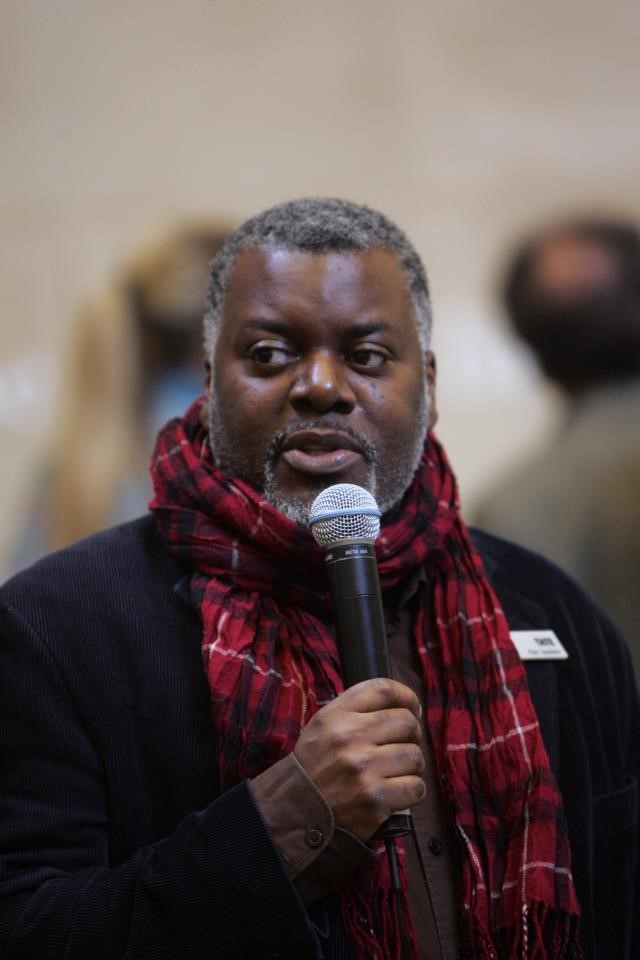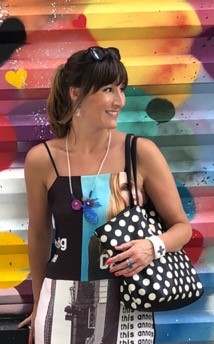
Through the T-Factor Project, a Horizon 2020 funded Innovation Action aimed at unlocking the transformative potential of 'meanwhile spaces' in urban regeneration, the European Commission is paying attention to new approaches for urban regeneration and their political and socio-cultural issues and implications.
Having that in mind, and in order to contribute to form the necessary critical mass that will nourish, in the near future, the leading players in those renovation processes, T-Factor pilot in Lisbon/Trafaria is organising under the title Critical Futures, a program of open seminars, workshps and conferences, that will take place, online and/or offline, during the four years of the project.
Critical Futures will be inaugurated this Spring, with two complimentary seminars:
As artists and creatives, we can draw on hard-fought traditions of imagining new worlds and disrupting normative modes of thinking and doing. This seminar will suggest that we need to explore these radical traditions and practices and mine them to create the new grammars and languages we will need in a post-Covid world. The sessions will draw on concepts and terminologies of decolonial struggle and the black radical tradition – in the works of writers such as Edouard Glissant, Fred Moten, Tina Campt, Saidiya Hartman, and others. In particular, we will focus on some key terms and concepts that radically reshape contemporary art and curatorial practices and together comprise what might be termed 'Grammars of the Fugitive.'
The seminar will have two parts: Part 1 will speculate that it is the figure of the 'fugitive,' the runaway, the under commons - that can inspire radical practices of disruption, refusal, withdrawal, and reconfiguration of worlds. Part 2 will explore curating and the curatorial as modes of research and forms of critique concerning the current urgencies of the global condition.
The course 'Dialogues and exercises in communal freedoms' focuses on arts for social justice enabling transformation and change for and about nearby communities. Using a range of case studies (arts, visual activism, artivism) explores the relationship between visual activism, contemporary social urgencies and emergencies, and feminisms; and how their intersections enable social change. The current Covid-19 pandemic has already reimagined the 1970s feminist adage, 'the personal is political, with a renewed sense of urgency. The world as we knew it is out of balance; it no longer exists, and it is no longer possible. How do we act and 'breathe' together to make the world' equally livable' to all? How do we create care spaces respectful of lived experiences and open to intersectional belonging(s)?
Schedule
The classes of those two seminars will be open and online and meet every Monday, Wednesday, and Friday (except June 11th), between 6 pm and 8 pm CET.
Registrations
For all those interested in participating, please contact aparicio.irene@gmail.com
About Paul Goodwin

PAUL GOODWIN is an independent curator, urban theorist, and researcher based in London. His curatorial, research, and writing projects extend across the interdisciplinary fields of contemporary art and urbanism, focusing on black and diaspora artists and visual cultures. At the Centre for Urban and Community Research at Goldsmiths, University of London, between 2006 and 2010, he directed Re-visioning Black Urbanism, an interdisciplinary research project exploring the multiple modalities of blackness and urbanism in cities such as London, Lisbon, and Paris.
His multidisciplinary research and curatorial practice revolve around exploring the creative potential of both cities and exhibitions as sites of aesthetic, socio-cultural, and political intervention. Within the urban field, this has been framed around understanding how the black and migrant presence in cities has shaped and, in turn, been shaped by formations of urban aesthetic and socio-cultural modernity.
About Basia Sliwinska

BASIA SLIWINSKA is a Senior Lecturer in Cultural&Historical Studies at the University of the Arts London and an Associate Research Fellow at the University of Gothenburg. She has published feminist visual activism(s) and transnational figurations in contemporary women's art practice. Recent and forthcoming books include (co-edited) Transnational Belonging and Female Agency in the Arts (2022); (edited) Feminist Visual Activism and the Body (2021), The Female Body in the Looking-Glass: Contemporary Art, Aesthetics and Genderland (2016; 2018) and (co-edited) The Evolution of the Image: Political Action and the Digital Self (2018). Basia is on the Visual Activism and Sexual Diversity research team in the Vietnam project, supported by the AHRC.